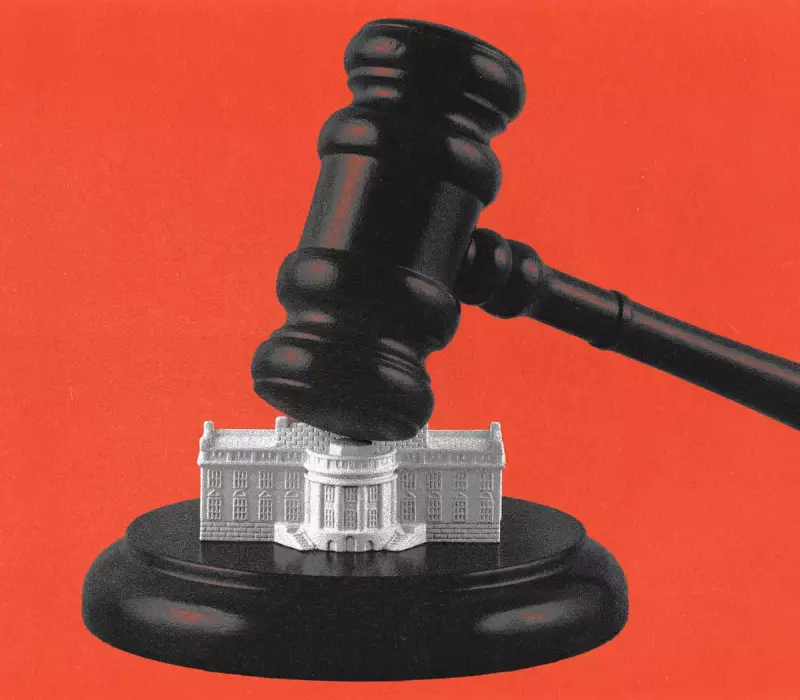
In a move that could redefine presidential trade powers, the US Supreme Court has stepped into a legal firestorm over Donald Trump's controversial tariff policies. The nation's highest court has agreed to review whether the former president overstepped his constitutional authority when imposing billions in import taxes.
The Constitutional Clash
At the heart of the case lies a fundamental question: does the president have unchecked power to levy tariffs on national security grounds? Lower courts have delivered conflicting rulings, creating legal uncertainty that has rattled businesses and trading partners alike.
The challenge stems from Trump's use of Section 232 of the Trade Expansion Act of 1962, which allows tariffs for national security reasons. Critics argue this authority was stretched beyond recognition, targeting everything from European cheese to Chinese electronics.
Business Community on Edge
American companies and international trade groups are watching the case with bated breath. The outcome could either reinforce presidential trade powers or impose new constraints that would shape US trade policy for generations.
- Importers face billions in potential tariff liabilities
- Supply chain disruptions could intensify depending on the ruling
- Global trading relationships hang in the balance
Political Implications
The timing couldn't be more significant. With Trump positioning for a potential return to the White House, the Supreme Court's decision will either hand him powerful trade tools or clip his wings before he even takes office.
Legal experts suggest this case represents one of the most important separation-of-powers battles in recent memory. "This isn't just about tariffs," noted one constitutional scholar. "It's about defining the limits of executive authority in an increasingly globalised economy."
The court is expected to hear arguments early next year, with a ruling likely by June 2025. Whatever the outcome, the decision will send shockwaves through boardrooms and capitals worldwide.





